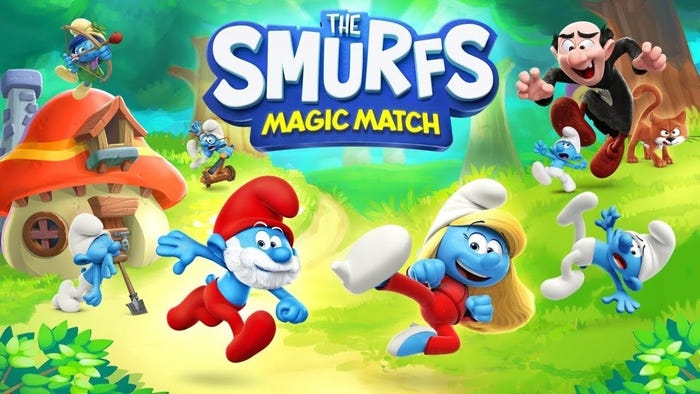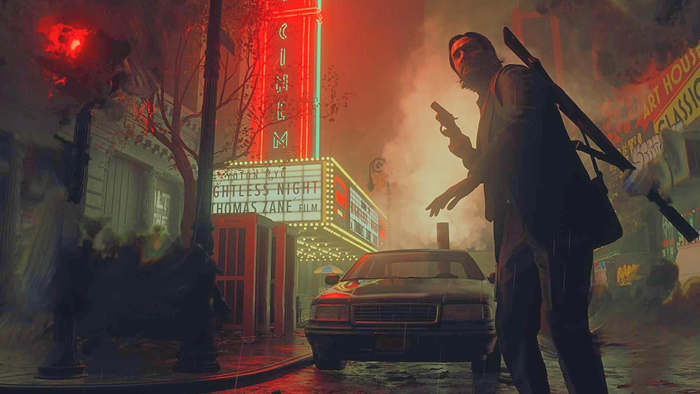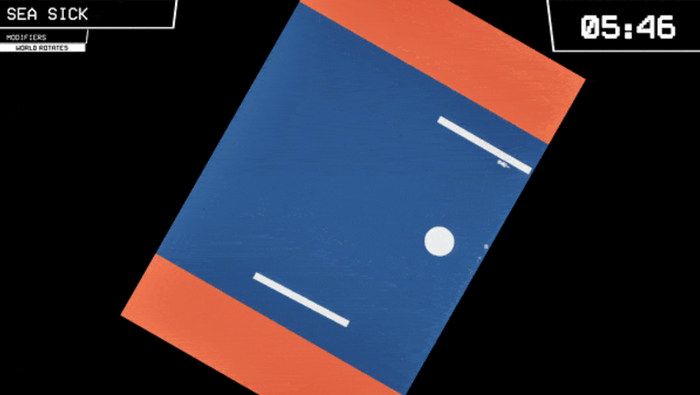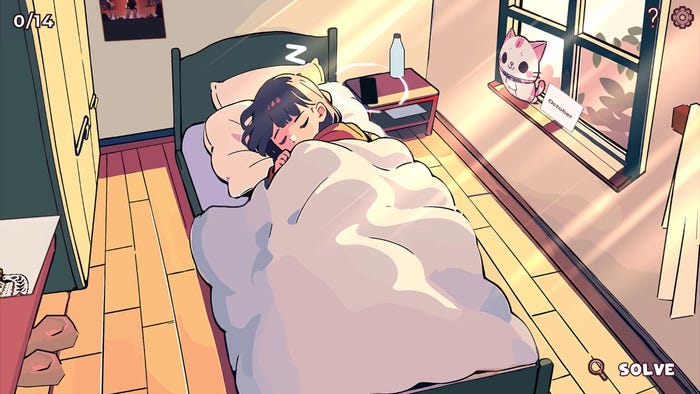Relinquishing Control: Creating a Player-Driven Narrative
Creating a true player-driven narrative allows for considerable play between the starting conditions and the final showdown - making the story a surprise to the developers as well as the players.

When we set out to make City of the Shroud, we found ourselves coming up against all of the issues we expected with funding...and one advantage we hadn’t seen coming. Games, I’m sure you’re aware, are a multibillion dollar industry. The big houses, the ones with teams numbering in the hundreds and thousands, have a great deal of potential income tied up in their projects—income their parent companies have already counted on, in some cases, and income their investors have contributed in others. Like movies, games can and do flop, with a LOT of money lost in the process. And something like this…well, it’s risky. It makes investors wary.
All of this meant that we had a considerable and unexpected advantage. Because, you know, we had no investors to make wary.
Ahem. In any case, we had plenty of freedom to do whatever we wanted with the story. We knew that we wanted to make the story responsive to the players, but how? There were games we loved that had many possible conclusions, such as Way of the Samurai. In Mass Effect, there were many different ways to reach the conclusion. In Dragon Age, both the conclusion and the “after the game” portions could be different depending on how you played.
But that had been done already, and quite well. We wanted to take it farther, stretch the medium to the very limits of what was possible. What if, we asked ourselves, the players themselves had a role in shaping the course of the story? What if, instead of us watching how they reacted to predetermined events, their reactions had a ripple effect on the story? After all, as a figure of some importance in this world, wouldn’t the player’s actions have considerable weight with the NPCs? To take it further, could the players themselves, working as a team, figure out who their true enemies were?
Once we had the idea in our heads, we couldn’t let it go. How could players shape the story when we alone knew who the true villain was, and what they were angling to have happen? We knew we didn’t want a never-ending plot of twists and turns. We wanted limits, an endpoint, a final battle. We broke down what we had for quests. What if, instead of being sent to fetch, or steal, or raid, the players could choose from options of what to fetch, whom to steal from, and where to raid? What if the faction leader with whom they were allied asked for their opinions?
And with that, the players became not only one leader, a hero rising up through Iskendrun’s ranks to protect the city during a desperate time, but the entire populace of Iskendrun itself. The players were now the mob. As each segment of the story drew to a close, we could tally their suspicions, their alliances, and their defections, if necessary unbalancing the city’s carefully-held ceasefire into chaos. Did a certain faction wish to stand alone, or change alliances? Did the city guard wish to raid Omar’s den, and did Omar wish to steal desperately-needed supplies from the priests? Every choice would be counted.
And, as in a city itself, news could spread—via the player forums, our players could compare notes, create strategies, and fight back against their puppetmasters (er, kind game developers, that would be). Bits of information leaked by one faction leader could be spread, votes could be tallied to extend offers of friendship from one faction leader to another. Mass defections could ensue. Whatever we threw at them, the players could fight back, every time having the chance to unlock Iskendrun’s secrets.
As we work feverishly towards launch, we are creating Iskendrun...that is, the Iskendrun we will begin with. By the time the story arc concludes, we will have reached the showdown in a way we could never have imagined, with the player base animating the entire city of Iskendrun. The faction dynamics, begun in the history we created between the leaders, will have evolved to spring from players’ deductions on the trustworthiness of their allies, from their willingness to share information and form alliances…or withhold what might fall into the wrong hands.
To be geeky for a moment? We can’t wait to see what happens.
Read more about:
BlogsAbout the Author(s)
You May Also Like









